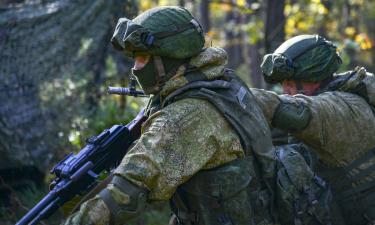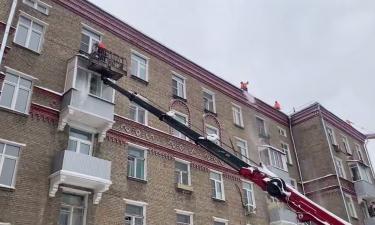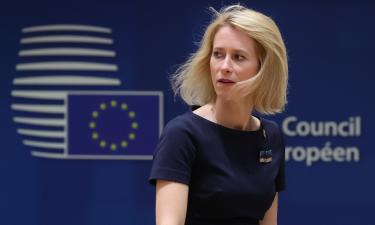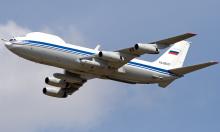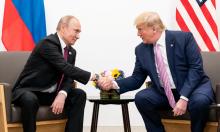Seven Russian women athletes banned for doping for 2 years
Seven leading Russian women athletes were banned for two years Monday for manipulating doping samples, the Russian Athletics Federation said.
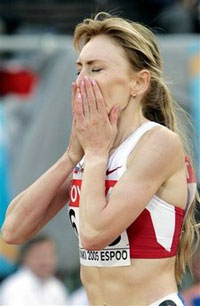
The timing of the suspensions, however, runs counter to the demands of the sport's world governing body.
The seven women, many of them potential Olympic medalists, had been provisionally suspended by the IAAF in July after a 1 1/2-year investigation. They missed the Beijing Games.
The women include two-time world 1,500-meter champion Tatyana Tomashova and world indoor 1,500-meter champion Yelena Soboleva.
The others are distance runners Yuliya Fomenko and Svetlana Cherkasova, European discus champion Darya Pishchalnikova, former hammer world record-holder Gulfia Khanafeyeva and former world 5,000-meter champion Olga Yegorova.
The athletes faced out-of-competion drug tests in April-May 2007. The International Association of Athletics Federations said the athletes had signed for urine samples which were not their own.
The Russian federation said Monday the start of the two-year bans will be backdated to the times of the tests. That means the athletes would be eligible to return to competition next year, including for the World Championships in Berlin.
Mikhail Butov, secretary general of the federation, said the decision was based on rules of the World Anti-Doping Agency.
"The IAAF was investigating the case for 16 months and neither we nor the athletes knew nothing all that time until the IAAF's decision to suspend them in July this year," he said. "The athletes missed the key start of the season and were stripped of all the results and prize money."
The IAAF, however, wants the bans to run from the time of the provisional suspension in late July 2008 to 2010.
"There is no way that we would accept any decision of the Russian federation to have 2-year bans starting from the time of the tests," an IAAF official told The Associated Press, speaking on condition of anonymity because the federation has not yet received the official documents from the Russians.
The IAAF plans to challenge the decision at the Court of Arbitration for Sport in Lausanne, Switzerland.
Suspicions about the Russians first surfaced in early 2007, when a string of exceptional results were matched by a long string of negative testing results. Experts started comparing their in-competition samples, which were clearly delivered by the athletes themselves, to those taken out of competition.
Subscribe to Pravda.Ru Telegram channel, Facebook, RSS!
